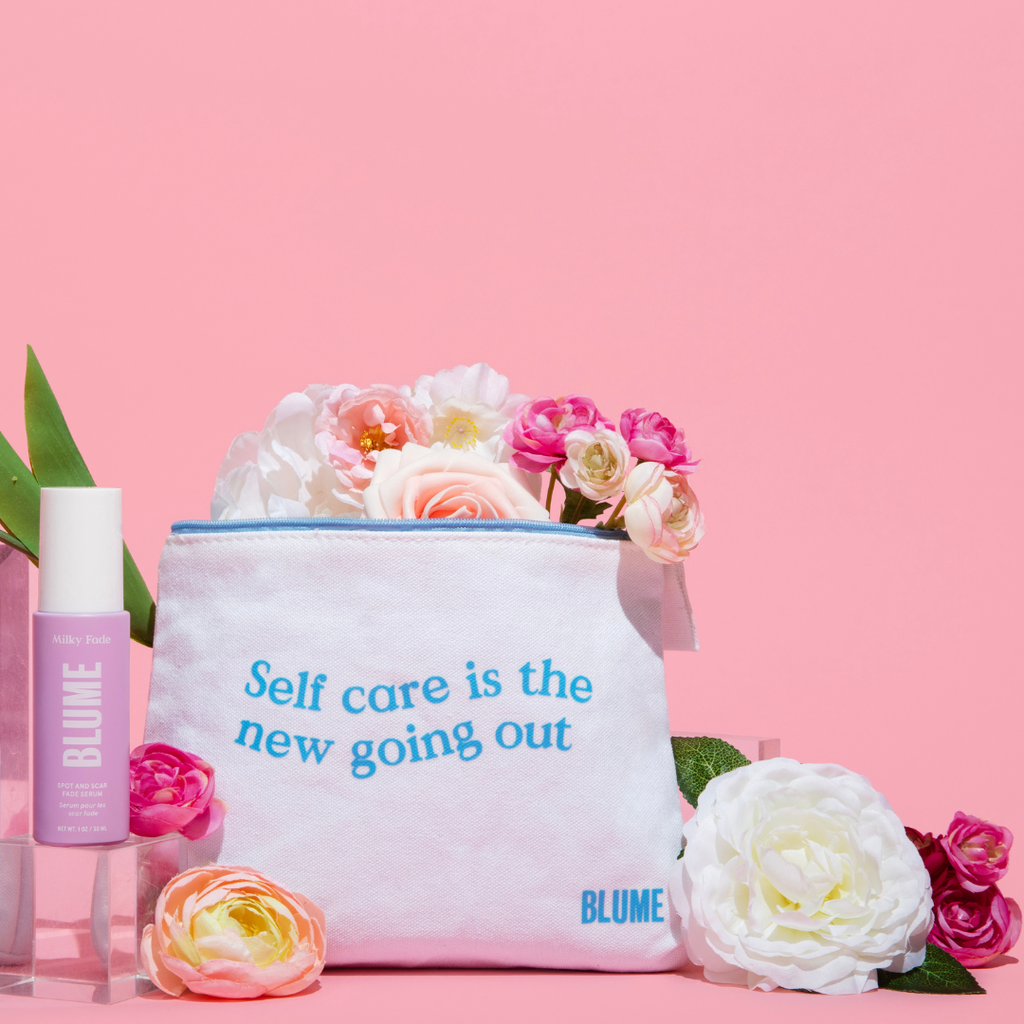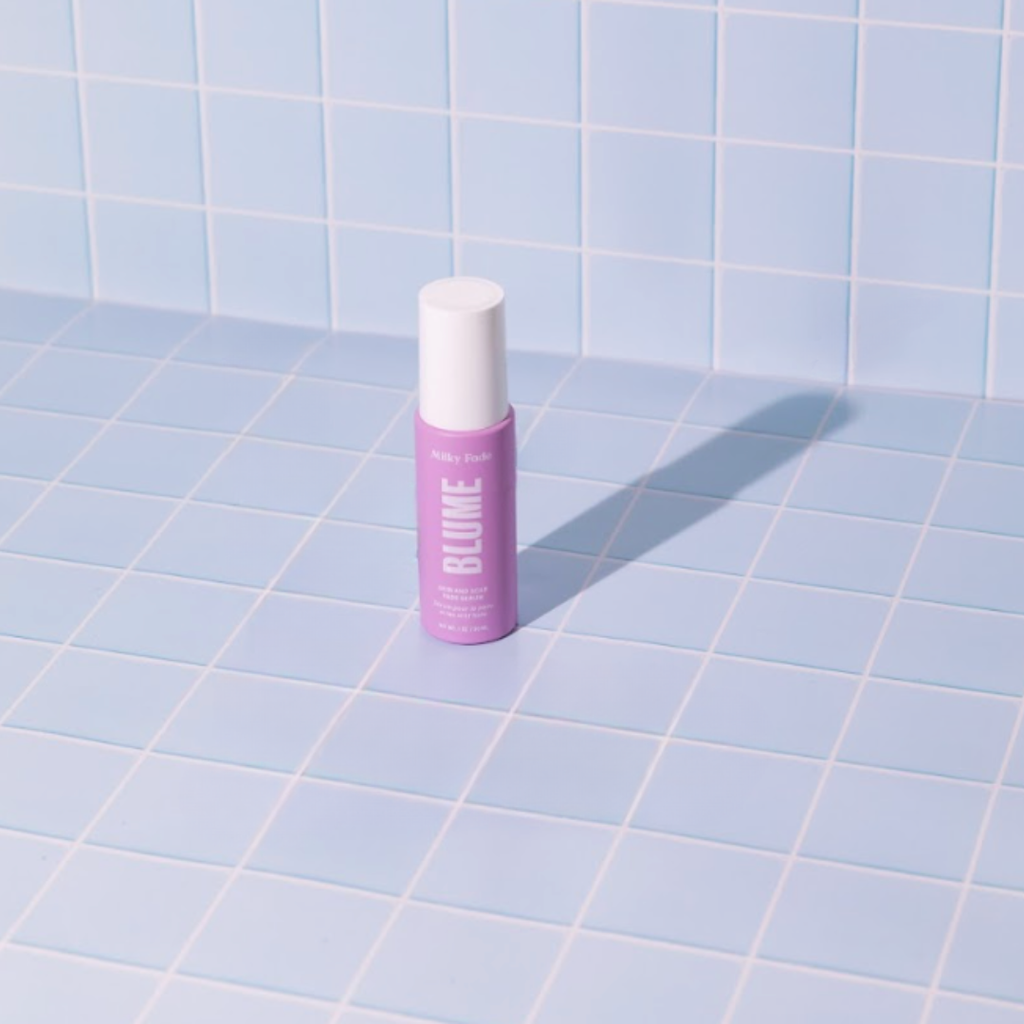Human complexions come in a beautiful range of hues, and naturally, with different skin colors come different skin care concerns. Everything from how to prevent acne on fair skin to shielding dark skin tones from hyperpigmentation, here's what you need to know about the impact of melanin on your skin care regimen.
Caring for Fair Skin
Dermatologists classify light skin that is prone to redness, burning and freckling as Type I skin, while fair skin that sometimes tans with minimal freckling as Type II skin. A Type I complexion most often occurs in conjunction with red or blonde hair and green or blue eyes, while Type II complexions are also common among individuals with brown hair and eyes.
Pale complexions are associated with a higher risk for skin cancer, so it's extra important to protect your skin from the sun's rays if you tend to the lighter side of skintones. If you have fair skin, you are also more susceptible to signs of aging such as fine lines and wrinkles. Use broad-spectrum sunscreen of at least SPF 30, or 50 if you will be spending time in the sun. Block damaging rays with a wide-brimmed hat and light-colored, loose clothing.
Advice for Medium Skin Tones
Medium skin tones are categorized as either Type III or IV. Type III complexions occur with brown hair and brown eyes, with an olive or honey-colored undertone. Type IV complexions less commonly burn and always tan, with deeper caramel-colored undertones.
“How do I even out my skin tone on my face?” This is one of the most common questions for individuals with medium complexions. Exfoliate your skin regularly using vitamin C, niacinamide or glycolic acid to remove dead skin cells for an instant brightening effect that prevents clogged pores that become blemishes. Medium skin tone acne is often a concern for those who have a more oily complexion, so look for non-comedogenic products that will do their part to keep skin clear. An acne control face mist is a great addition to your skin care routine.
Tips for Dark Complexions
Dark complexions may be either Type V, deep brown or Type VI, black. Both occur with brown or black hair and brown eyes.
If you have darker skin, the question of “how do you prevent acne from hyperpigmentation?” is probably on your mind. Because pigmented skin has more melanin, hyperpigmentation is more common for dark-complected individuals. Melanin infuses the surface of even small skin wounds, creating dark spots that often remain after blemishes heal.
Look for products with botanicals that even the skin tone, including licorice extract, kojic acid, bearberry extract (all natural, no bleach). Many dermatologists also recommend retinoids or azeliac acid, which help break up the pigment in unwanted dark spots. Most importantly, apply sunscreen each and every time you go outdoors to reduce your risk for sun damage that can worsen hyperpigmentation and potentially cause skin cancer.
Dark-toned complexions are also more likely to get patchy and dry. Look for a rich moisturizing cream that won't clog your pores, and pair it with a lighter daily moisturizer.
Regardless of skin tone, we all deal with unexpected breakouts and winter acne flare ups. It’s super normal! When you have a big event and can't deal with your stressed skin, try Meltdown acne treatment for overnight relief.


